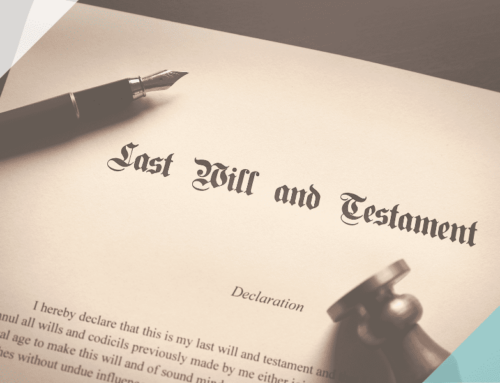The recent reports in the British press suggest that the Conservative Party is considering a new addition to their election manifesto, which is the abolition of Inheritance Tax (IHT), in an attempt to gain voter support in the upcoming General Election.
Current IHT Overview: As per the existing regulations, Inheritance Tax is levied upon the value of one’s estate at the time of death. After accounting for available exemptions and reliefs, the current tax rates stand at 0% for the first £325,000.00 (known as the ‘nil-rate band’) and 40% for the remaining amount.
An additional allowance called the residence nil-rate band, introduced in 2017, currently amounts to £175,000 for those who leave their family home to direct descendants, including children, grandchildren, stepchildren, and foster children (with tapering for estates worth over £2 million).
Record IHT Receipts: Recent figures from HMRC reveal record-high Inheritance Tax receipts of £7.1 billion, marking an increase of nearly £1 billion from the previous year and nearly £4 billion compared to a decade ago. Often labelled as the ‘most disliked tax,’ many individuals find it challenging to accept that their assets, accumulated over a lifetime and subjected to various forms of taxation (such as Income Tax, Stamp Duty, Capital Gains Tax, and VAT), are taxed again upon their death. The rising property prices over the years have pushed more people into the Inheritance Tax net, although, as of 2021, only 3.73% of estates actually pay this tax.
Potential Implications of Abolishing IHT: So, what would be the consequences of abolishing this centuries-old tax, first introduced in 1694, for the British taxpayer? The most apparent outcome would be that the 3.73% of estates subject to IHT would no longer incur this tax. However, when considering the potential reduction in government spending, other secondary effects need examination, which are outlined below.
Lifetime Gifting: A common strategy for mitigating a significant Inheritance Tax liability upon death involves making gifts during one’s lifetime. If the donor survives seven years from the date of the gift, the gift’s value is excluded from the donor’s estate for Inheritance Tax purposes.
Certain assets gifted during one’s lifetime may incur Capital Gains Tax (CGT). While the CGT rate depends on the nature of the assets and the donor’s Income Tax bracket, it is generally lower than the 40% Inheritance Tax rate. Currently, on death, any gains on assets during one’s lifetime are assessed at the date-of-death value, effectively allowing heirs to inherit the asset without CGT. Nevertheless, CGT on a lifetime gift can be minimised by transferring it into a trust. If the amount gifted to the trust remains below the nil-rate band, no Inheritance Tax is due on the lifetime gift, and any CGT can be deferred until the asset is eventually sold or disposed of.
The elimination of Inheritance Tax could potentially reduce the attractiveness of lifetime gifting, as there would be no Inheritance Tax benefit, and a lifetime gift could trigger an immediate CGT liability. This could result in increased wealth accumulation among older generations.
Impact on Charities: Full Inheritance Tax relief is granted for legacies left to UK-registered charities. For those who leave at least 10% of their estate to charity, a reduced Inheritance Tax rate is applied to the rest of the estate, reducing it from 40% to 36%. The abolition of Inheritance Tax might inadvertently lead to a reduction in charitable giving upon death.
Business and Farming Assets: For individuals with family-owned businesses or farms, the availability of Inheritance Tax relief is a critical factor when transferring these assets to the next generation. Sole trader businesses, privately owned company shares, and AIM-listed companies are eligible for 100% Business Property Relief from Inheritance Tax after being held for two years, provided they are not held for investment purposes. Similarly, Agricultural Property Relief (APR) is generally available for “true” agricultural land and grants 100% relief after two years, or seven years if it is leased.
These Inheritance Tax reliefs serve as important incentives for many individuals to retain and invest in their businesses or farms.





